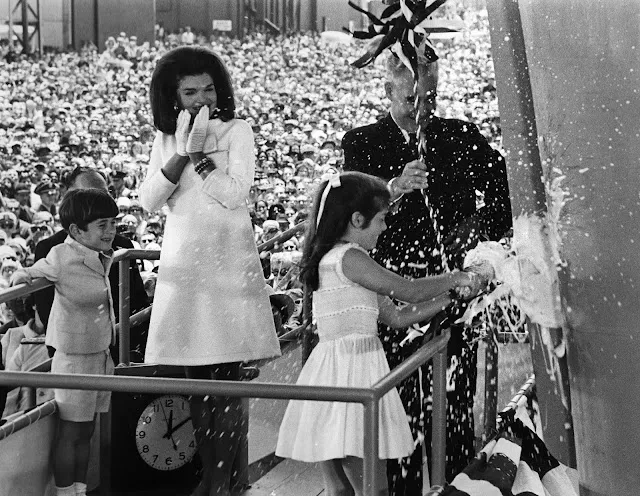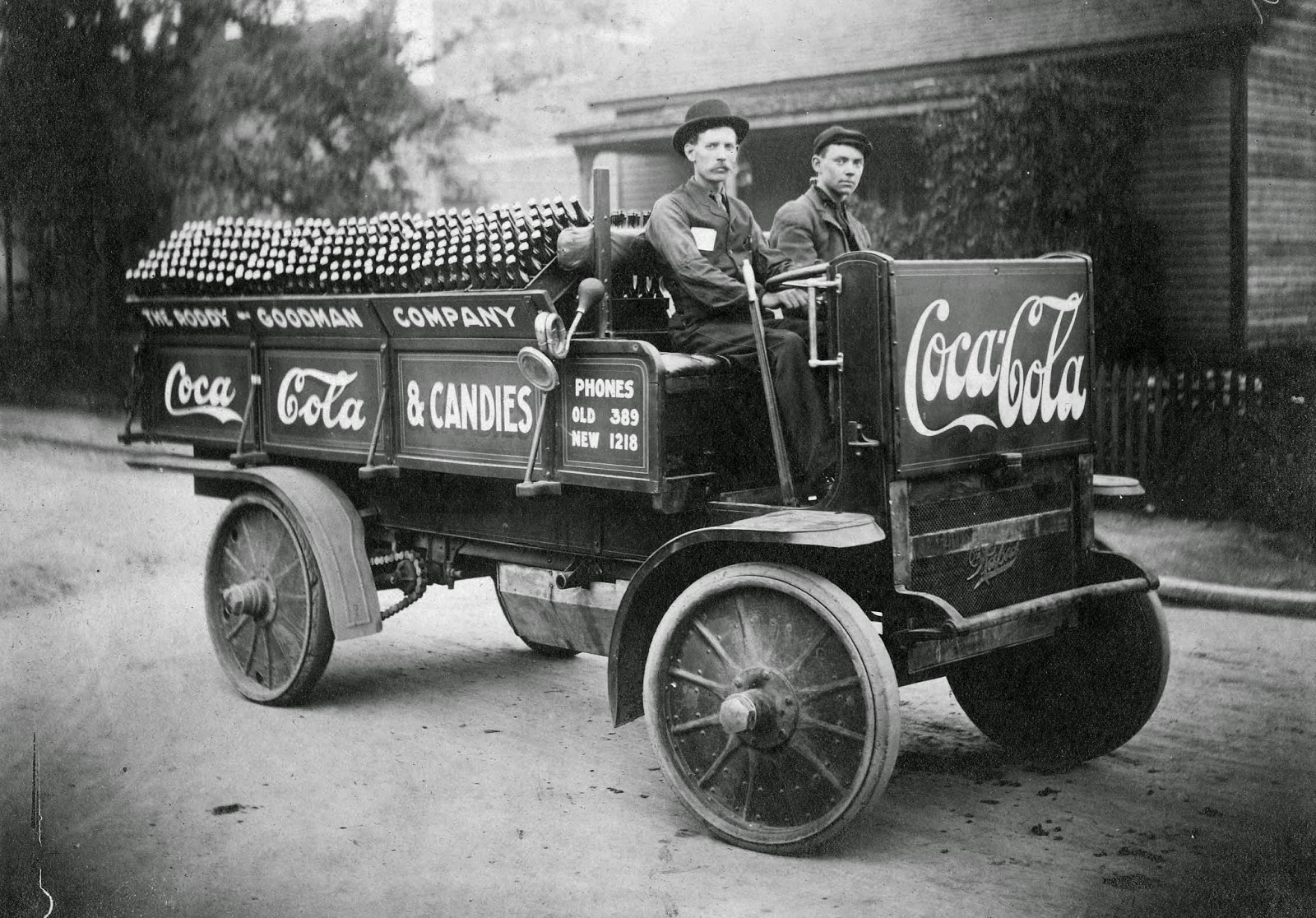The year 1972 saw the birth of a cinematic legend that would etch its name into the annals of film history, shaping the very fabric of American cinema and earning its place as a timeless masterpiece. Directed by Francis Ford Coppola, "The Godfather" swiftly became a cultural and cinematic landmark, garnering unparalleled acclaim and adoration from critics, audiences, and fellow filmmakers. This article explores why "The Godfather" is not just a classic but a cinematic masterpiece that continues to captivate and enthrall viewers even after more than five decades since its initial release.

A Compelling Narrative

At the heart of "The Godfather" lies a captivating and multifaceted narrative that delves into the intricate world of organized crime in America. Adapted from the bestselling novel of the same name by Mario Puzo, the film introduces us to the Corleone family, a powerful and respected Mafia clan led by the patriarch, Vito Corleone, played masterfully by Marlon Brando. The story is a rich tapestry of power, loyalty, betrayal, and the interplay of family and business that immerses viewers in a world where crime and honor coexist.
The narrative's strength lies in its ability to humanize the characters, presenting them as more than mere gangsters but as individuals with dreams, fears, and complex moral dilemmas. The transformation of Michael Corleone, portrayed brilliantly by Al Pacino, from a young, idealistic outsider to a ruthless heir to the family empire showcases the film's dynamic character development and intricate storytelling.
Iconic Performances

One of the most significant reasons for "The Godfather" becoming a masterpiece is the extraordinary performances delivered by the ensemble cast. Marlon Brando's portrayal of Vito Corleone remains a benchmark for character acting, earning him an Academy Award for Best Actor. His gravitas and method acting, especially in the famous opening scene, where he is shown listening to the grievances of supplicants during his daughter's wedding, is a lesson in screen presence.
Al Pacino's performance as Michael Corleone is equally outstanding. His subtle transition from a reluctant outsider to the family's ruthless enforcer is a testament to his acting prowess. Pacino's presence exudes both vulnerability and menace, making Michael one of the most iconic characters in cinematic history.

The film's supporting cast, including James Caan, Robert Duvall, and John Cazale, further solidify the exceptional quality of acting in "The Godfather." The chemistry among the actors is palpable, adding depth to the characters and their relationships, and the performances remain as fresh and impactful today as they were in 1972.
Cinematic Excellence

Cinematographically, "The Godfather" is a visual feast that delights the senses. The film was shot by the acclaimed cinematographer Gordon Willis, who used a technique known as "Rembrandt lighting" to create dramatic, shadowy visuals. This technique adds depth and complexity to the characters, accentuating their moral ambiguity.
The use of light and shadow in the film is especially evident in key scenes like the restaurant assassination sequence, where Michael eliminates his enemies. The tension builds as the characters move in and out of the darkness, creating an unforgettable visual impact. This iconic sequence is an example of how cinematography can be used to convey storytelling and emotion.

Moreover, the film's rich, evocative score by Nino Rota is another aspect that contributes to its lasting impact. The iconic main theme, with its haunting melody, has become synonymous with the film and adds depth and emotion to the narrative. The score perfectly complements the visual elements and enhances the overall cinematic experience.
Immersive World-Building

"The Godfather" creates an immersive world that transports viewers into the inner workings of the Italian-American Mafia. From the grandeur of the Corleone family's compound to the dimly lit restaurants where power struggles unfold, every setting is meticulously crafted to reflect the characters and their motives.
The film's attention to detail extends to the costumes, props, and period-appropriate cars, ensuring a visually authentic representation of the era. This level of commitment to world-building enhances the film's believability and draws viewers into the Corleone family's world, allowing them to fully immerse themselves in the story.
Themes of Power and Morality

"The Godfather" is not just a crime drama; it's a meditation on power and morality. The film explores the complex relationship between personal ambition, family loyalty, and the ruthless pursuit of power. The characters grapple with questions of right and wrong, and the film forces viewers to confront their own moral compass. It raises intriguing ethical dilemmas, such as the idea that some of the most powerful and respected figures in society may be deeply involved in organized crime.
The theme of succession, particularly the passing of power from one generation to the next, is a central element of the narrative. It highlights the sacrifices and moral compromises made in the name of preserving the family's legacy, as Michael Corleone takes the reins from his father, Vito.
Cultural and Social Significance

"The Godfather" has had a profound impact on American culture, shaping perceptions of organized crime and Italian-American identity. While some critics argued that the film perpetuated stereotypes, it also opened the door to discussions about the Italian-American experience in the United States.
The film's portrayal of the Corleone family as a close-knit, proud, and deeply loyal unit offered a more nuanced perspective on Italian-American families, challenging one-dimensional stereotypes prevalent in earlier films. Additionally, the film's depiction of the Mafia as a powerful and secretive organization resonated with audiences, leading to a resurgence of interest in organized crime and its historical roots.
Influence on Future Filmmaking

"The Godfather" has left an indelible mark on the art of filmmaking. Its storytelling techniques, character development, and cinematography have influenced countless directors and screenwriters. The film set a standard for excellence in the crime drama genre, and many subsequent films sought to replicate its success.
Directors like Martin Scorsese, Quentin Tarantino, and Brian De Palma have cited "The Godfather" as a significant influence on their work. The film's impact can be seen in classics like "Goodfellas," "Pulp Fiction," and "Scarface," which owe a debt to the storytelling and style of Coppola's masterpiece.
The Trilogy and Extended Legacy

"The Godfather" wasn't just a one-hit wonder; it was the beginning of a cinematic saga that would span three films. While the first film is the most celebrated, both "The Godfather Part II" (1974) and "The Godfather Part III" (1990) have their own merits and contribute to the epic story of the Corleone family. "The Godfather Part II" notably earned the rare distinction of winning the Academy Award for Best Picture as a sequel.
The trilogy allows viewers to witness the evolution of the characters and the consequences of their actions over several decades. It deepens the emotional connection to the Corleone family and provides a more comprehensive understanding of the narrative's themes.

Additionally, "The Godfather" has left an extended legacy in popular culture. Quotes, scenes, and references from the film are regularly incorporated into other forms of media, from television shows to novels. The film's enduring impact is evident in its continuous relevance and influence on contemporary storytelling.
Conclusion

"The Godfather" stands tall as a cinematic masterpiece for its compelling narrative, iconic performances, cinematic excellence, immersive world-building, exploration of themes, cultural significance, influence on future filmmaking, and its extended legacy. More than just a crime drama, the film continues to captivate audiences and inspire filmmakers, cementing its place in the pantheon of great cinematic achievements. Its enduring impact ensures that "The Godfather" will remain a timeless classic for generations to come, inviting viewers to explore the depths of human nature, power, and the intricacies of family dynamics within the world of organized crime. Watching "The Godfather" is not just viewing a film; it's experiencing a piece of cinematic history that has, and will continue to, stand the test of time.



